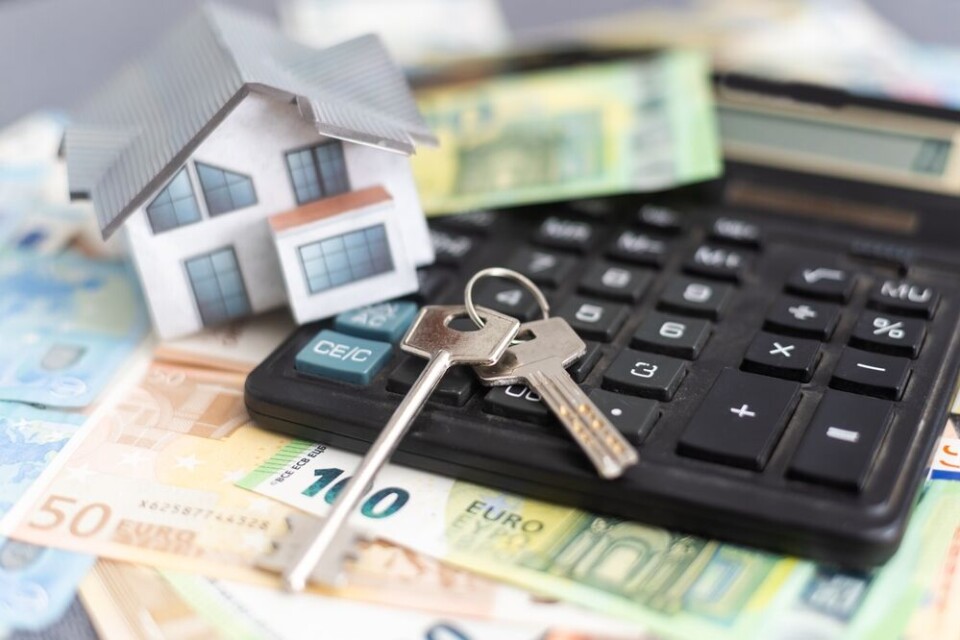-
France tightens reimbursement rules for flight delays or cancellations
New measures include mandatory mediation and new claim procedures
-
Many French supermarket loyalty card points expire soon – see dates here
Most points disappear between December and March
-
Why water bills in France are set to rise
Part of the bill that pays for water cleaning and treatment is set to increase
4 ways to lower the price when buying property in France
From agency commission to negotiating the cost of furnishings, here are some tips

Buying property in France can be complex and expensive, but there are a few ways to reduce your overall cost – especially when it comes to agency and notaire fees.
1. Check who is paying the agency commission
The agency commission tends to be at around 4-10% of the property’s sale price.
If the seller pays this commission, then the overall price of the property will be stated as agency fees included (frais d’agence inclus, FAI). The notaire's fees payable by the buyer will in this case be calculated on the basis of this commission-included price.
However, optionally, the estate agency commission may be paid by the buyer.
In this case the notaire's fees, generally around 8% of the price of the property, will be levied on a lower price, generating lower fees.
Therefore, buyers are often better off if they offer to do this, depending on the agency and the complexity of the property sale.
The choice makes no difference to the price the seller gets.
For example: If the seller pays the commission, and say, values the house at €200,000 with an agent who wants a 5% fee, the advertised price in the estate agent’s window will be €210,000 (FAI).
In this case, if the house sells to the buyer for €210,000, the seller gives €10,000 to the estate agent and the notaire’s fees paid by the buyer will be around 8% x 210,000 = €16,800. The overall cost to the buyer is €210,000 + €16,800 = €226,800.
If instead, the buyer pays the estate agent, they will pay €200,000 to the seller and €10,000 to the estate agent and the notaire’s fees will be around 8% x €200,000 (= €16,000), so the overall cost to the buyer is €200,000 + €10,000 + €16,000 = €226,000, or a saving of €800.
2. Deduct the value of the furniture
You could also save money by negotiating on the estimated value of the furnishings - such as furniture and white goods - included in the sales price, taking account of their wear and tear, and the likelihood of imminent replacement.
This is especially true if the furnishings are more than 10 years old.
For furniture that is less than 10 years old, the value when new is used, less 10% to 12% for each year that has passed, say experts.
This list is attached to the property’s deed of sale, and only includes items that can be moved without damaging the property.
Normally, items that are fixed - such as a fitted kitchen, a garden shed or wall lights - should be included as part of the overall sale of the property, and are not subject to additional fees or costs, but sometimes tax authorities or buyers can object, and some transfer tax may be required to be paid.
3. Check the notaire's own personal fees for their work
Most of the so-called ‘notaire’s fees’ on a property sale are actually taxes that the notaire pays on to the government. However, a part is their own fee for their work, called émoluments.
These are charged according to a gradual scale, according to the price bracket of the property purchase price, and set by the Conseil Supérieur du Notariat (CSN). For example, for a purchase worth €200,000, these fees are estimated at €1,995.25 by the CSN.
Read more: Explainer: Role of notaire in France and what to do if not happy
Read more: 13 things you can do through a French notaire apart from buy a house
However, from January 1, 2021, notaires have been able to grant a discount on their fees of up to 20% in the case of sales for €100,000 or more.
However, this fee discount is not granted only to a single individual; it is applied on a notaire agency basis, and must apply to all buyers who go through that agency, so it is worth asking if the notaire will apply this policy.
Related articles
Is now the right time to buy or sell property in France?
12 key Q&As for anyone selling a property in France
Falling prices but not everywhere: a review of French property market
























